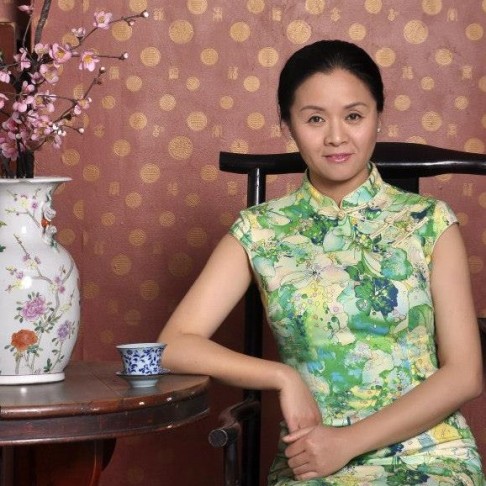Interview: Li Feng on her harrowing account of Chinese women's struggles
Chinese people are still absorbing the trauma of Mao Zedong's political campaign, says author whose grandfather was executed as a landlord - a stain lifted from her family only decades later

In her debut family memoir, , Li Feng has written a harrowing, yet inspiring account of four generations of Chinese women. In giving voice to the extraordinary tribulations and triumphs of her maternal ancestors, Li also gives fresh insight into the painful birth pangs of modern China. Born in 1969, Li grew up in Sichuan province with her family's matriarchal motto, "No failure, only success" drummed into her at every turn. In her 20s, she rebelled against her mother's stifling, if loving, ambition for her only daughter, and migrated to Australia in 1997. Since then, as proprietor of a cross-cultural consultancy, she has facilitated several high-level trade missions and official delegations from China to Australia. She talks to
The desire to write this book took hold in 2013 for two reasons: I wanted people to understand China, and because of my mother. I wanted her battles to be understood and I hoped that would inspire other women in China and beyond. If women of her time could achieve something out of that unimaginable situation and tribulations as my mother did, then in our current-day society, I hope that we will be able to do more and do better. Also, I hope that society will accept more women in leadership roles.

I knew a little bit, but not too many details.I just thought, "How could they live?" You can't help but marvel at that resilience and the survival skills of human beings in such an inhumane situation. They just clenched their teeth and pulled through, and then waited for an opportunity. That environment was like a furnace that sharpened their intelligence and also their determination. So when the situation was a little bit better, they prospered. I think in modern China, especially with the one-child policy, lots of children have been so adored and spoilt by their family, I don't know whether they have that resilience any more.
The Chinese woman's role has been evolving in a very interesting way. In Silver Dollar's time they had no rights. And in my grandmother's period in the early 20th century, when Western ideas came into China with the May 4th Movement, women started to ask questions about their rights. But traditional values had a very strong hold and most of those battles were lost, tragically. In fact, in my mother Rong's era, it was as challenging as in Silver Dollar and Ming Xiu's time. Although Mao Zedong had put it out that women could hold up half the sky, and women did have some positive improvement in their social status, such as education and job opportunities, Rong was excluded from that because of her class origins. She was condemned as an executed landlord's daughter, so that kind of privilege of gender equality didn't apply to her because at that time political campaigns took priority over gender equality. Also, on top of the social and political ladder it was still all men.
I feel that trauma may take two generations to absorb. You can see people in China in the current generation and the older generation find it hard to trust and that lack of trust is actually coming from that era of turmoil when everyone was encouraged to turn against each other. But the unfortunate thing for my family is that because of my grandfather's execution as a landlord, we were permanently stained and there was no way that my family could invalidate that until 1979 when the government issued a decree to overturn it. Only from then was my mother allowed the opportunity to use her own determination and intelligence, and her talent to turn her family's prosperity around.
In a way, there is still an unjust kind of environment for women, and there is still quite a lack of presence of women at the top of the political, social and economic spheres. But some women still manage to go against that and come out of it quite successfully. The richest self-made billionaire in the world is a Chinese woman, Zhou Qunfei, and she was born in 1970 - she is one year younger than myself. I think it's interesting that the one-child policy has accidentally empowered urban daughters and weakened the patrilineal system in a way, because in the cities they had less resistance to the one-child policy. So, whatever they get they will accept. In the countryside it's a bit different. But it's an action that has unintentionally caused some interesting positive changes in the urban areas.

